When someone you love is experiencing a panic attack in front of you, wanting to help them and calm them down is natural. But what to say and what not to say to someone during a panic attack? How to help someone with a panic attack? This article is going to talk about all that and more.
Panic attacks are episodes of intense anxiety that can feel terrifying. During a panic attack a person can feel as though they are losing control of their mind and body.
Common symptoms of a panic attack include:
- Racing heartbeat
- Shortness of breath
- Nausea
- Chest/throat tightness
- Sweating
- Chills/hot flashes
- Numbness/tingling
- Intense fear/anxiety
- Feeling faint/dizzy
- Feeling detached from the world or from yourself
- A feeling of impending doom.
If someone experiences a panic attack in your presence, what should you say? How could you help them instead of adding to their anxiety?
Consider using (and avoiding) these phrases.
Related: How To Help Someone With Anxiety Attacks: 6 Tips For Supporting A Loved One With Anxiety
What To Say And What Not To Say To Someone During A Panic Attack: 7 Things To Keep In Mind
1. Avoid Saying: “Calm down.”
This is one of the most over-used and ineffective phrases. Telling a loved one to “calm down” is not going to help them to calm down; in fact, it can be harmful. This phrase could cause someone to feel more anxious, angry, or alone.
After all, those in the throes of a panic attack are usually acutely aware of their need to calm down, and if they could just will themselves to do so, they likely wouldn’t be having a panicking in the first place.
Say: “I’m here with you.”
Tell them that they are not alone. You are here to support them. You may only need to be physically present to help calm them.
In addition, letting someone know that you are with them reminds them to focus on the present moment and practice mindfulness, which helps to diminish anxiety.
Say: “How can I help?”
If your loved one has experienced a panic attack before, they might know what they need from you. Some people may need silence, words of comfort, physical touch, or physical space. Every person’s needs can be different.
Keep all questions direct and simple, as during a panic attack a person’s rational brain isn’t fully accessible and they may not be able to communicate or think effectively.
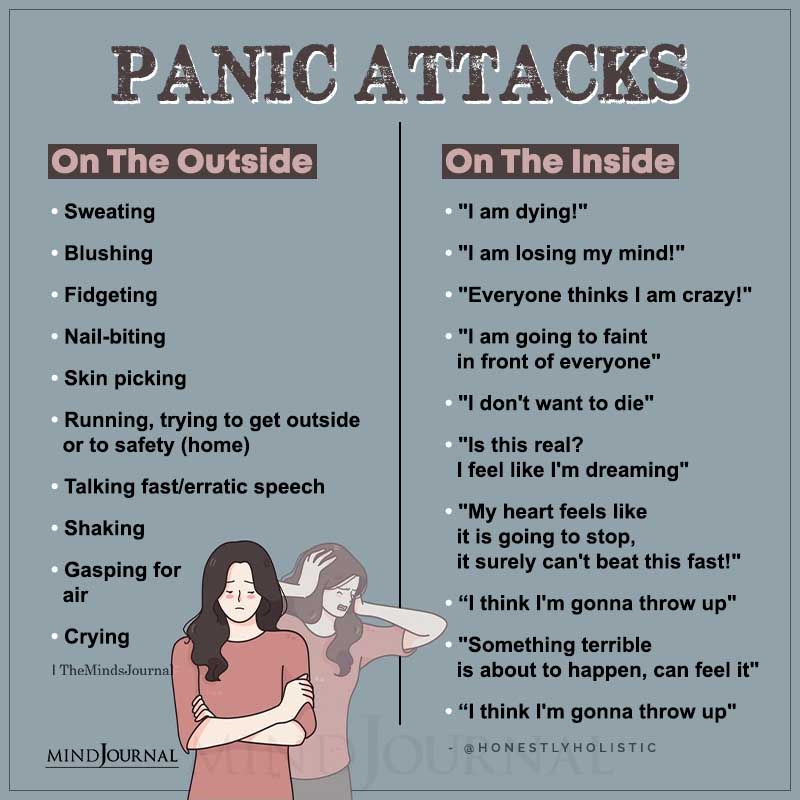
2. Avoid Saying: “You should “or “When I’m anxious, I…”
You may know some great coping skills to manage anxiety and panic attacks. Yet, if someone is experiencing a panic attack, it’s not the best time for them to learn and practice a new skill.
You might wait until the attack has passed before you provide your advice and insights. Moreover, it can feel infantizing when someone assumes that they know what you need better than you do.
Say: “You’re safe.”
During panic attacks, many people think that they are not safe or that something bad will happen to them. It might help to remind your loved one that they are safe: they may not feel safe, but they are in a safe environment with safe people.
However, if they are not in fact safe, do not say tell them that they are, but instead take steps to promote their safety (and yours).
For example, if your loved one has a panic attack as a result of a mass shooting, it’s best to focus on removing them and yourself from the environment in which the shooting is occurring. When you are away from danger, inform them that they are now safe.
Related: How To Gain Control Of Your Life? 10 Proven Coping Skills For Panic Attacks
3. Avoid Saying: “You’re fine”
Your loved one is not fine because they are having a panic attack. Imagine that your heart is beating out of the chest, you can barely breathe, and every thought you have is that you are dying. You are not fine.
Say: “This will pass.”
Panic attacks pass – that’s a fact; usually, they do not last more than ten minutes at their peak severity. Some people will report having attacks that last longer, yet these are usually separate panic attacks that occur close together.
If the panic attack does not end on its own or with coping skills, a person’s body eventually tires out and the panic attacks ends.
Receive a free eBook, 25 Trauma and Anxiety Coping Hacks, by signing up for a monthly newsletter HERE.
Amanda Ann Gregory is accepting speaking engagements. She provides trainings, conference break-out sessions, lunch and learns, and keynotes. Contact her at info@amandaanngregory.com.
Written By Amanda Ann Gregory Originally Appeared On Amanda Ann Gregory


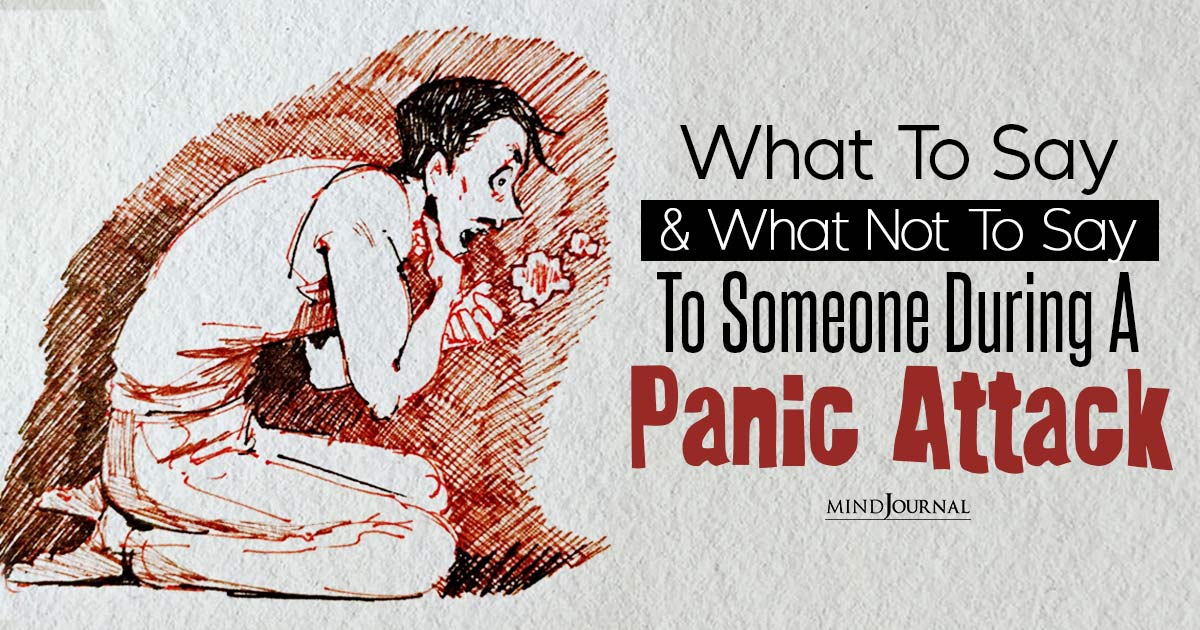
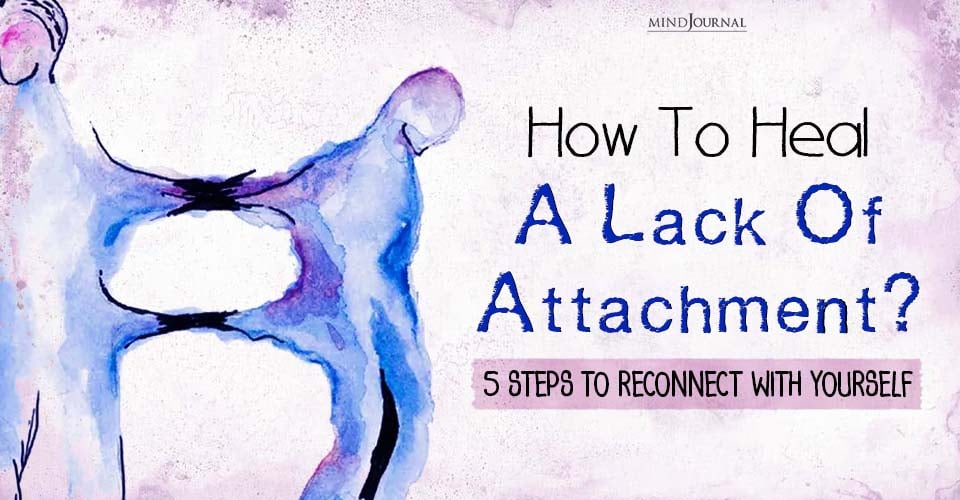

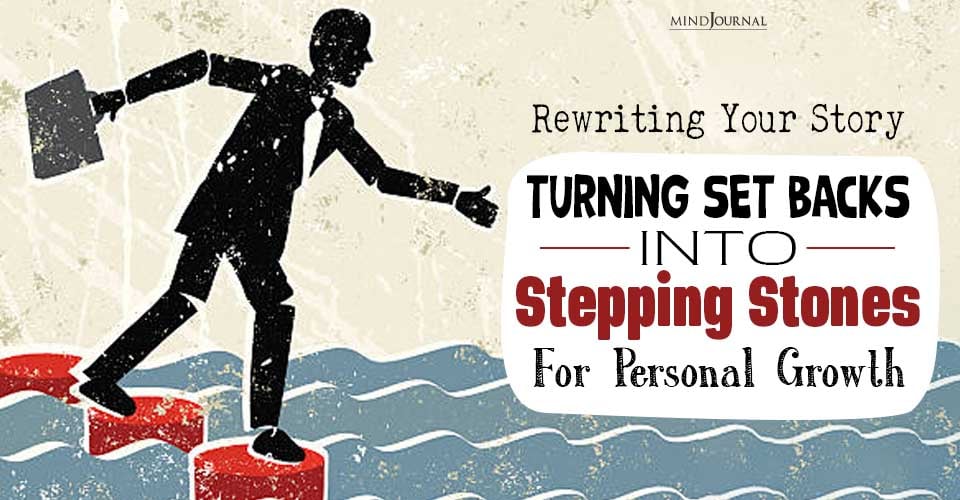
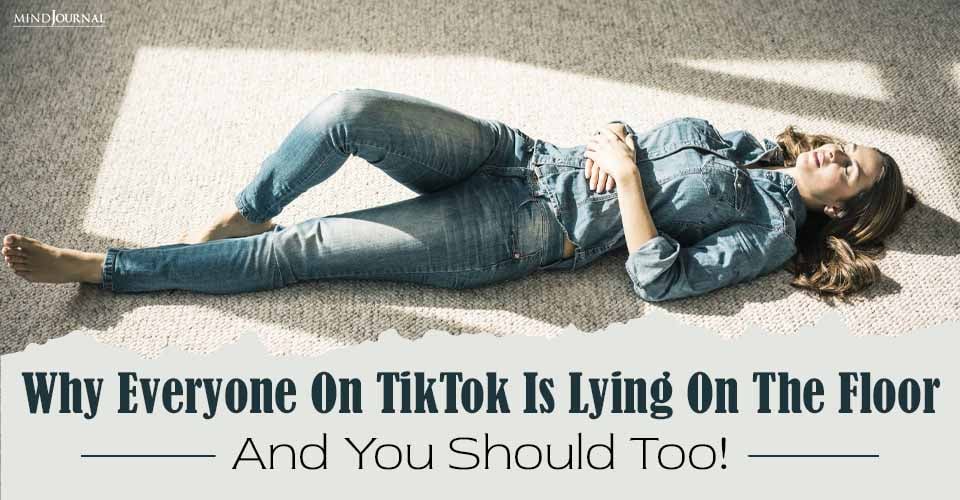
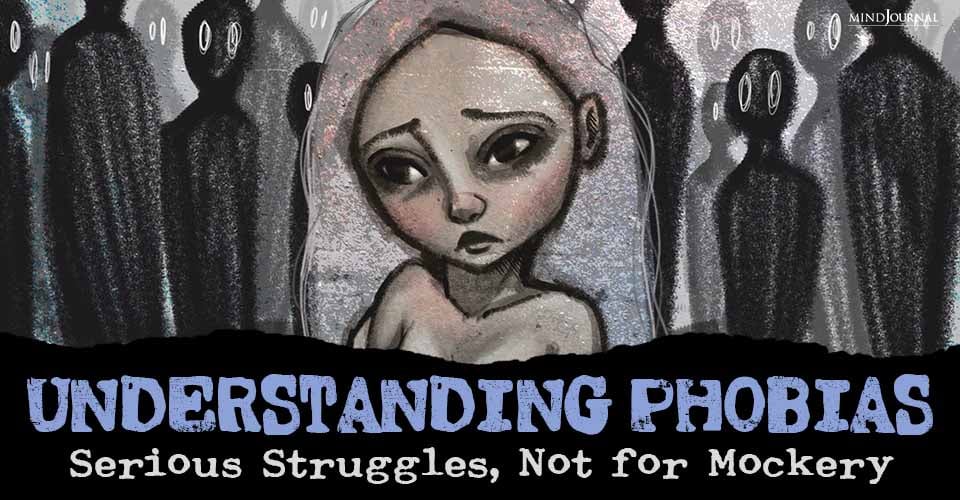
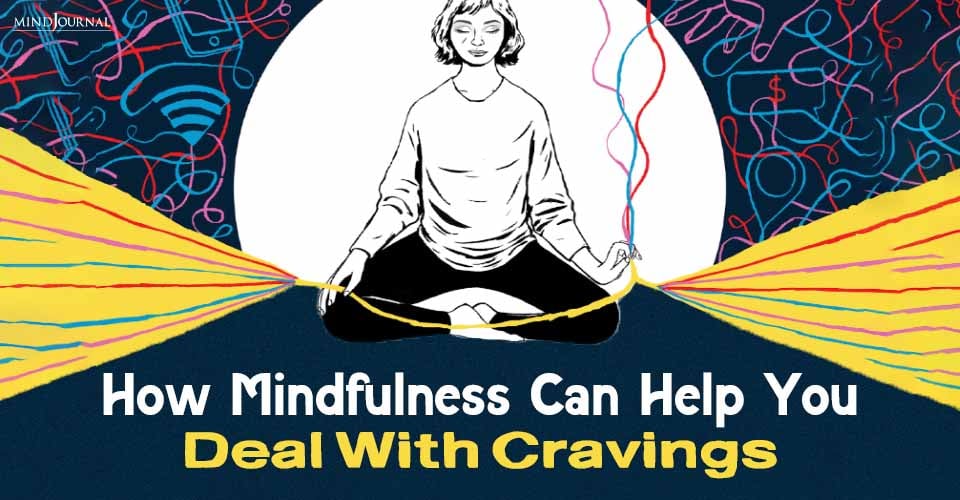

Leave a Reply